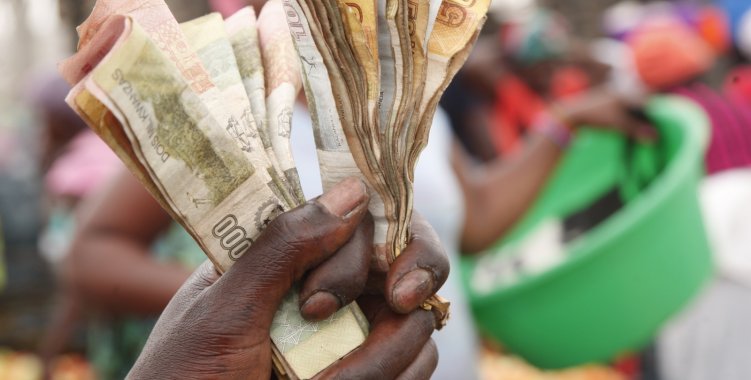The Minister of Finance, Vera Daves de Sousa, who was speaking at the opening of the Public Business Sector (SEP) Meeting to present the SEP 2023 Aggregate Report, said that this amount represented an increase of 197.8 percent compared to the amount received in 2022.
"However, the difference between the amounts received and those disbursed by the State, in the order of 207.5 billion kwanzas, should continue to attract our attention, given the opportunity costs involved", urged Vera Daves de Sousa.
The minister stressed that this scenario is impacted by the expansion of the SEP universe, resulting from the asset recovery process and the implementation of public policies, which increased the number of companies from 88 in 2021 and 92 in 2022 to 94 in 2023.
According to Vera Daves de Sousa, these figures require continued efforts to make companies financially autonomous, through their own operations, in order to relieve the State of the burdens they represent.
"Burdens that are – as I said, and I emphasize – a very high opportunity cost, given the State's responsibilities in terms of providing development infrastructure and providing public services, in addition to being a permanent source of fiscal risk", said the minister, stressing that "companies must always bear in mind the assumptions of efficiency as the primary objective of sustainability of their operations".
The minister called on companies to gradually improve their management, in light of the current legal paradigm, despite the fact that the reform process is still ongoing.
"Within the framework of the ongoing reform, we continue to invite all stakeholders to move forward, with determination, towards resolving the constraints that still persist in the SEP", declared Vera Daves de Sousa.
The Finance Minister stressed that the challenges have already been identified and explained, through the Roadmap for Reform outlined for the SEP, in January 2022, which foresees, among other aspects, a smaller number of companies by 2025; the segregation of the functions of the State as regulator, supervisor and shareholder; and the restructuring and cleaning up of the accounts of weakened companies.







